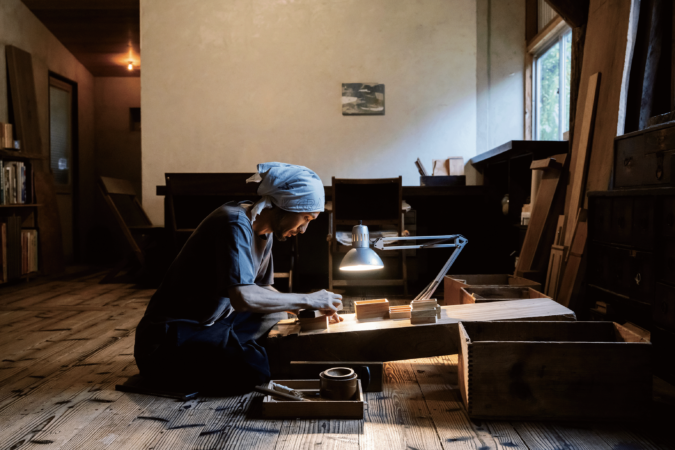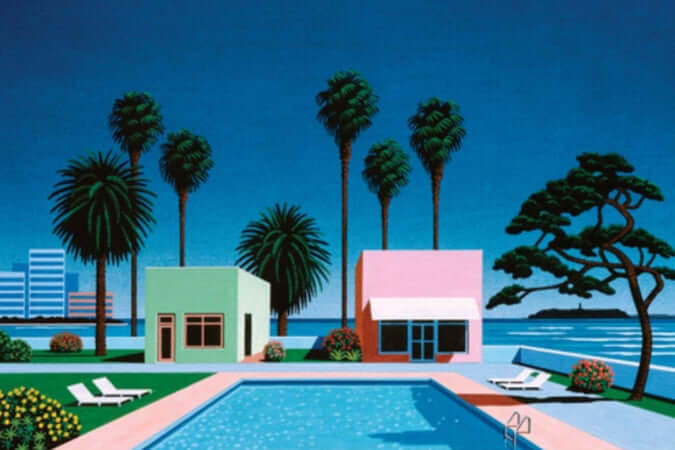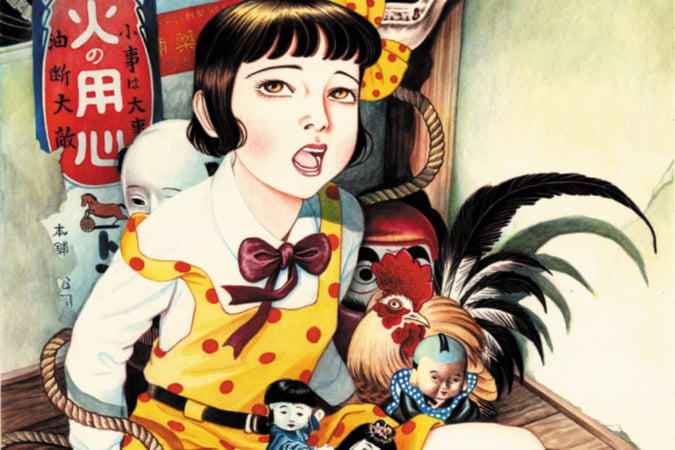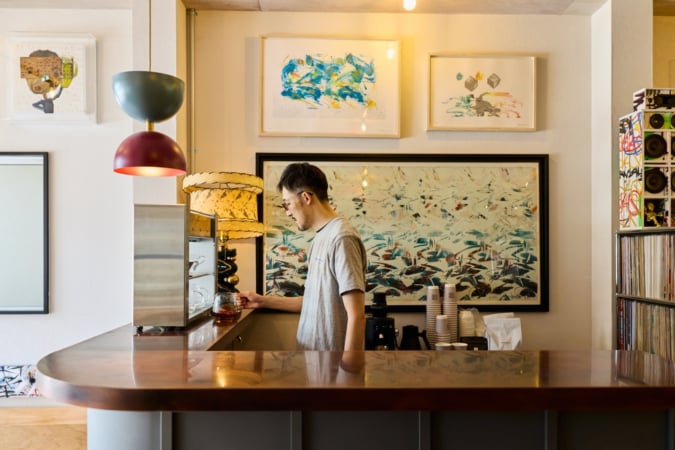Yes Yes, SOU · SOU Is Making its Mark on the Kyoto Fashion Scene
Since 2002, the Kyoto-based brand has been revisiting traditional Japanese garments through the addition of colourful motifs.
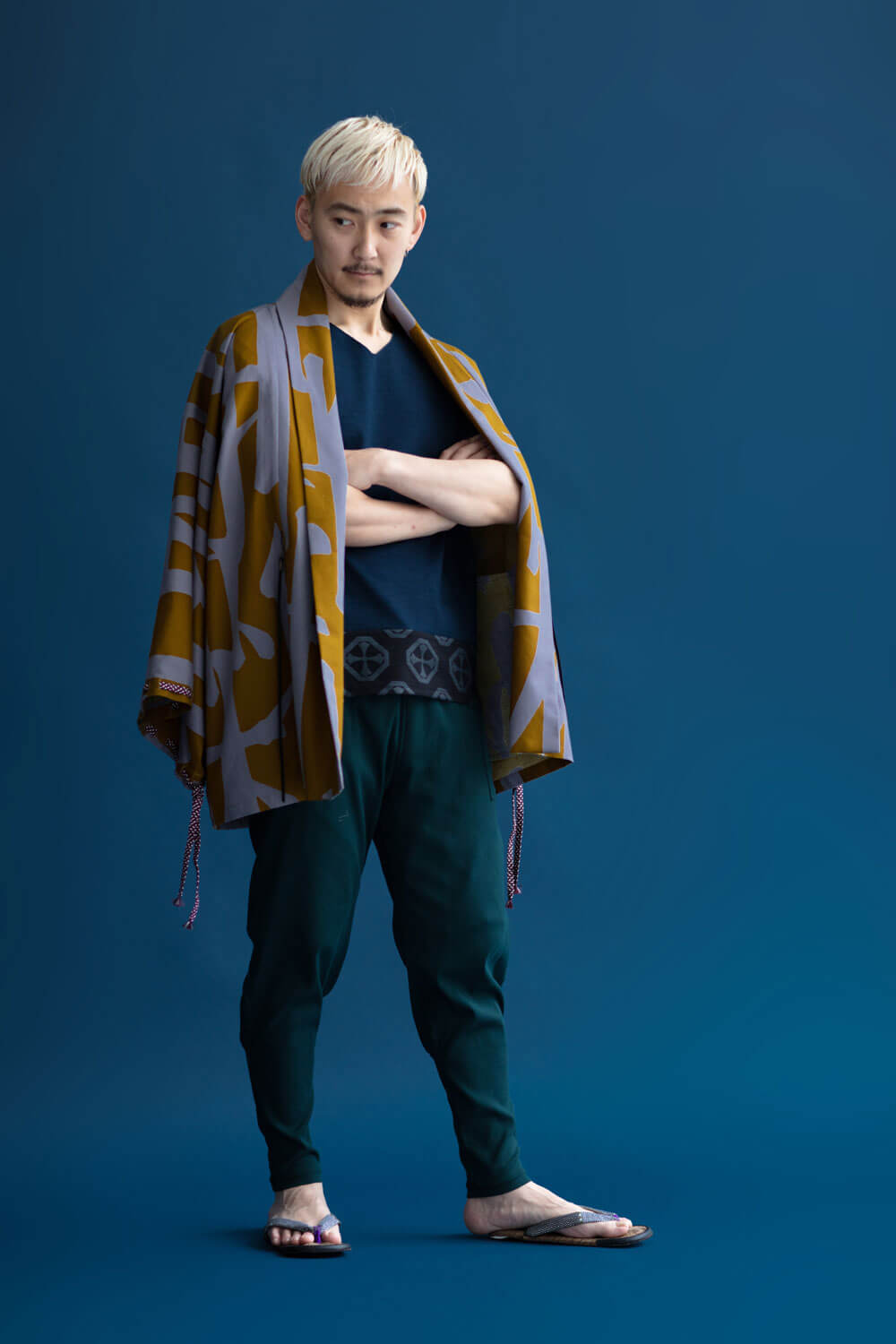
© SOU · SOU
First things first: SOU · SOU, pronounced soso, means ‘yes yes.’ It’s an interjection regularly used by Japanese people during conversations to show interest in what their interlocutor is saying. It’s a Japanese idiosyncrasy to which the brand, founded in 2002 by Katsuji Wakisaka, Hisanobu Tsujimura, and Takeshi Wakabayashi, wanted to pay homage.
Iconic motifs
SOU · SOU’s creations celebrate the quality of traditional Japanese clothing by adding a modern touch. Its childlike, colourful motifs, emblematic of the brand, are designed in a nod to the beauty of the changing seasons. SOU · SOU offers tabi shoes (with two toe segments like those worn by ninja), kimono, furniture, and even snacks (wagashi) inspired by its graphic universe. Everything is imagined and designed in Japan, particularly in Kyoto.
The brand has achieved global success and has even branched out into French streetwear with the collaboration SOU · SOU / le coq sportif, launched in 2008.
More information on SOU · SOU can be found on the brand’s website.
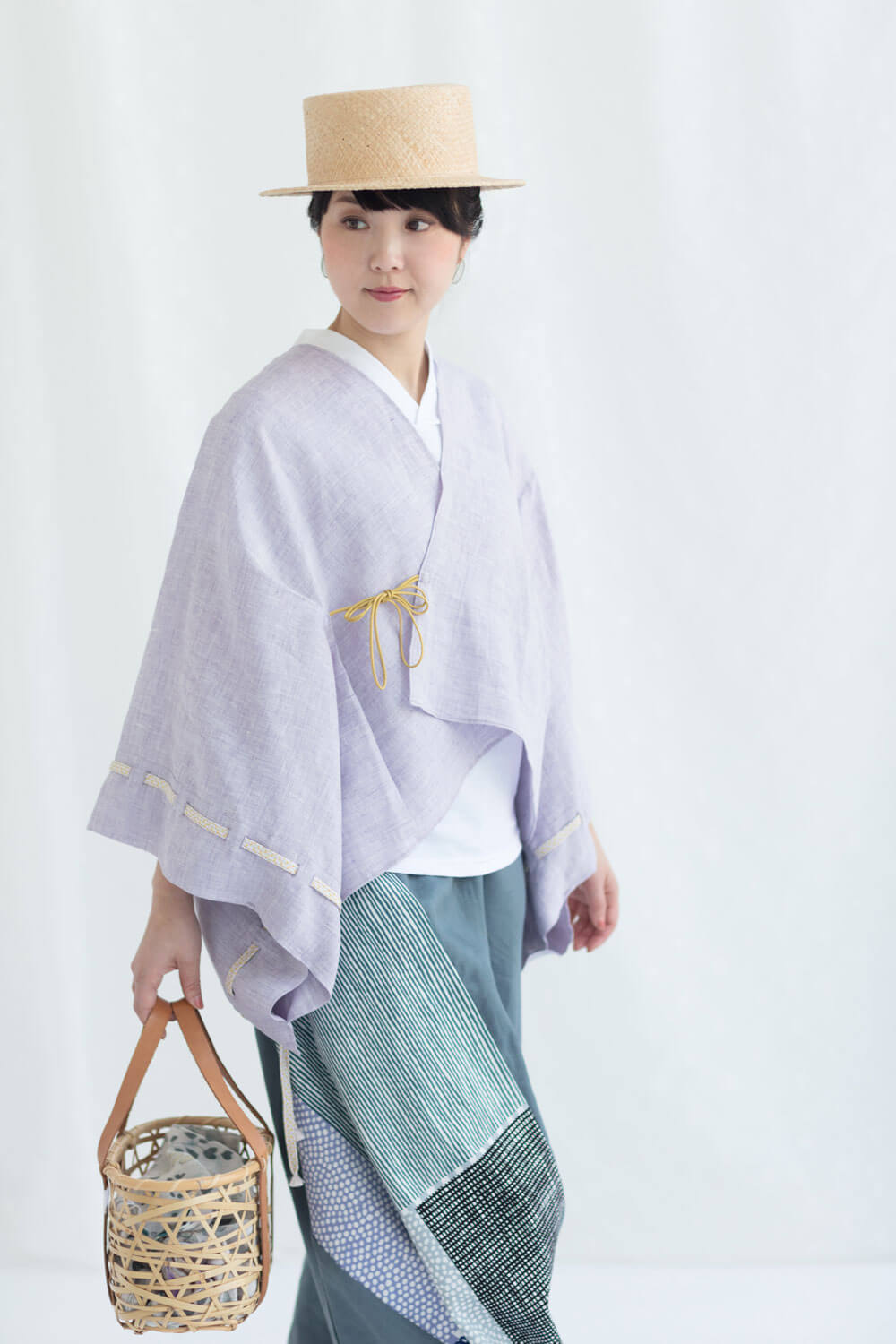
©SOU · SOU
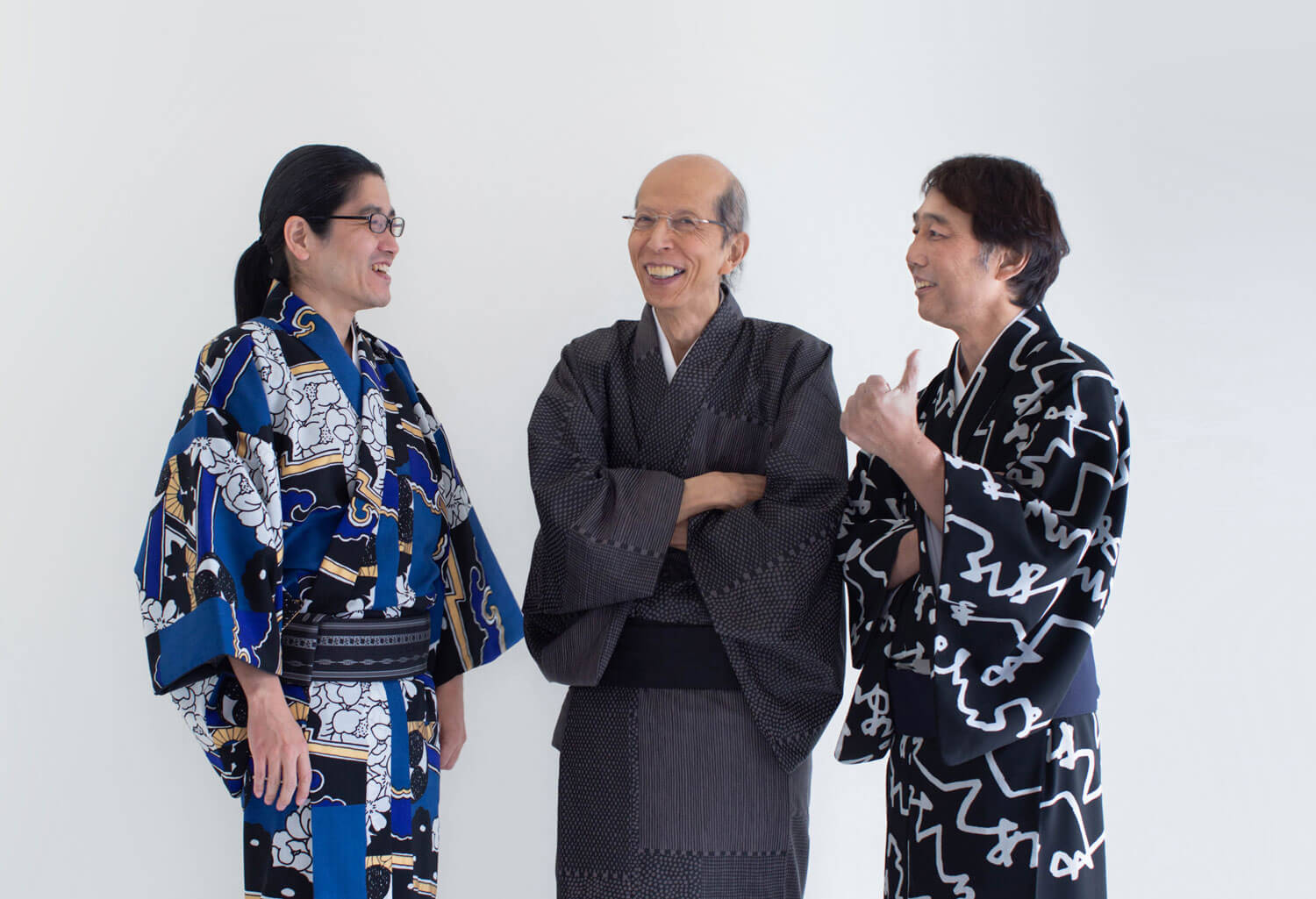
© SOU · SOU
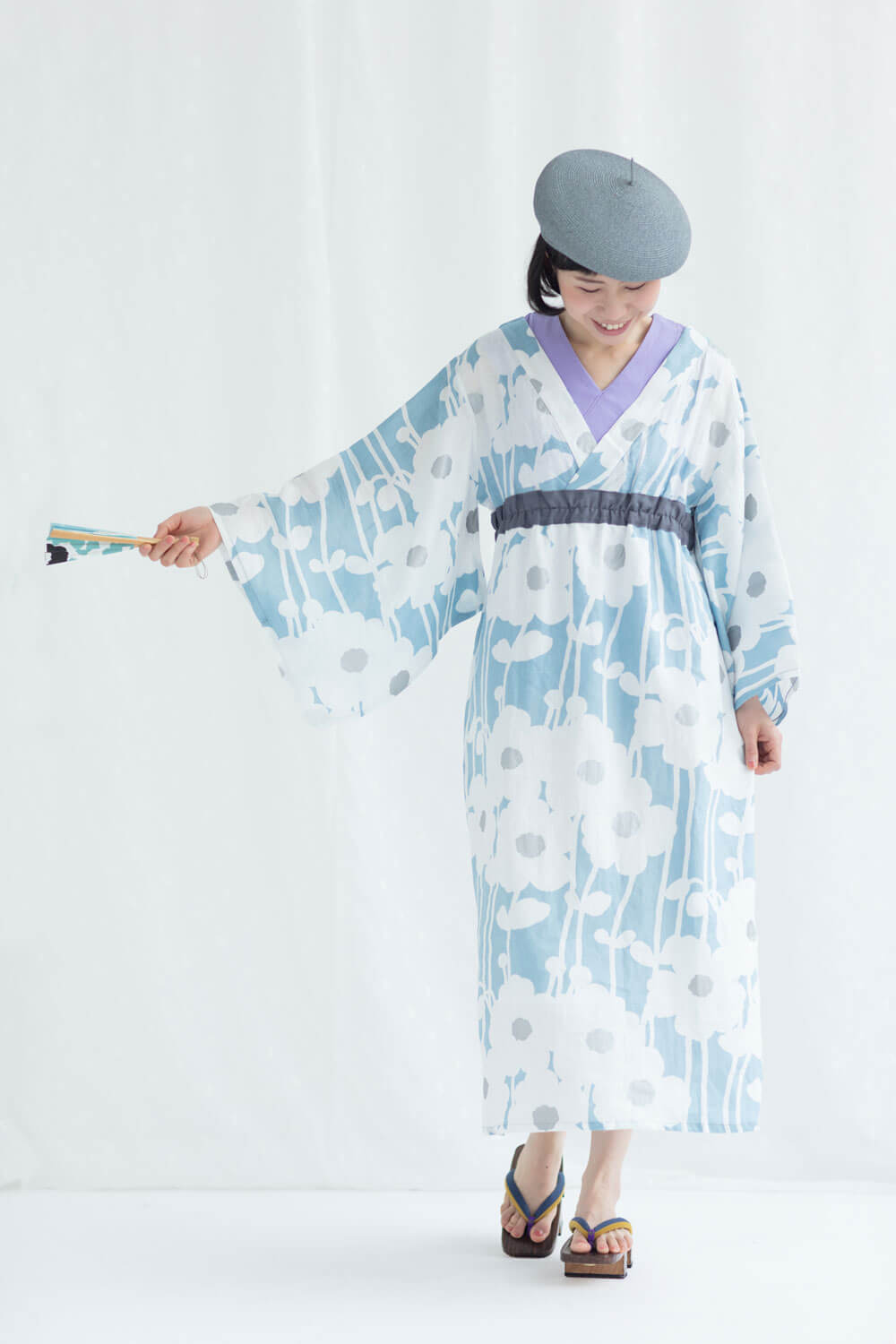
© SOU · SOU
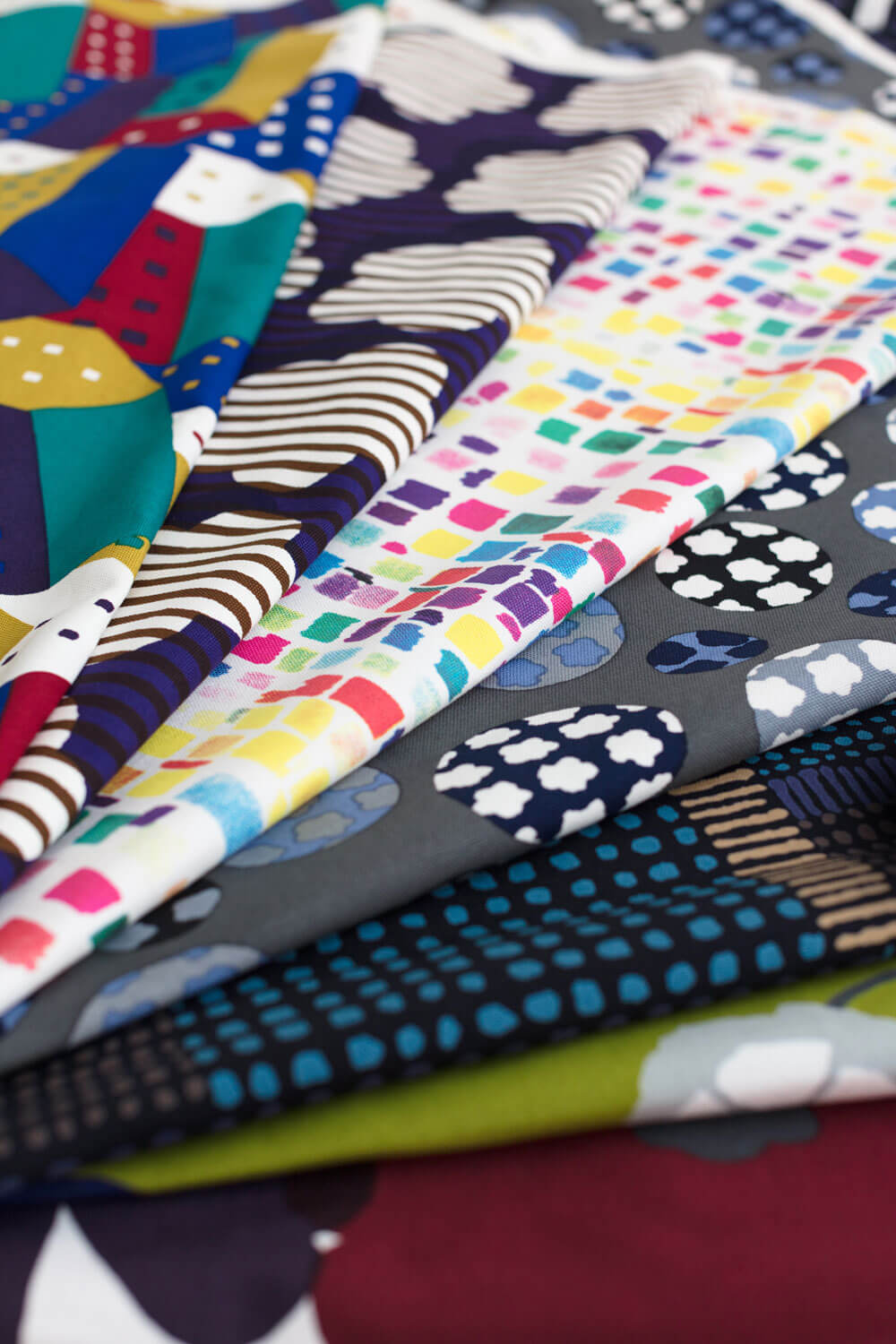
© SOU · SOU
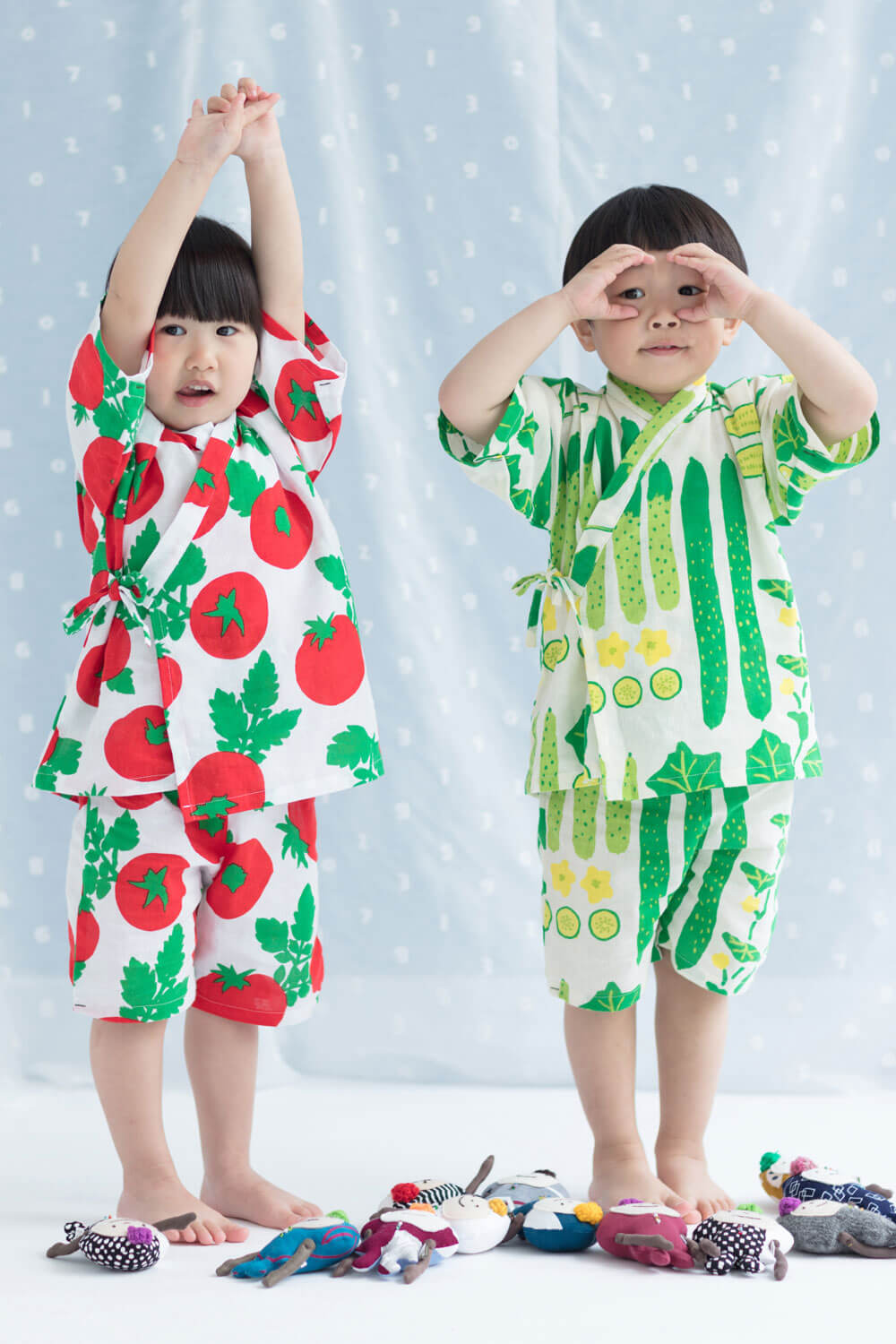
© SOU · SOU
TRENDING
-
A Craft Practice Rooted in Okinawa’s Nature and Everyday Landscapes
Ai and Hiroyuki Tokeshi work with Okinawan wood, an exacting material, drawing on a local tradition of woodworking and lacquerware.

-
The Tattoos that Marked the Criminals of the Edo Period
Traditional tattoos were strong signifiers; murderers had head tattoos, while theft might result in an arm tattoo.

-
Hiroshi Nagai's Sun-Drenched Pop Paintings, an Ode to California
Through his colourful pieces, the painter transports viewers to the west coast of America as it was in the 1950s.

-
‘Shojo Tsubaki’, A Freakshow
Underground manga artist Suehiro Maruo’s infamous masterpiece canonised a historical fascination towards the erotic-grotesque genre.

-
Radio Cultura: A Coffee-Drinking ‘Radio Station’ Inspired by São Paulo, Now in Kikukawa
Vintage audio, South American records, and hand-drip coffee converge in a new cultural base on Tokyo’s east side.

